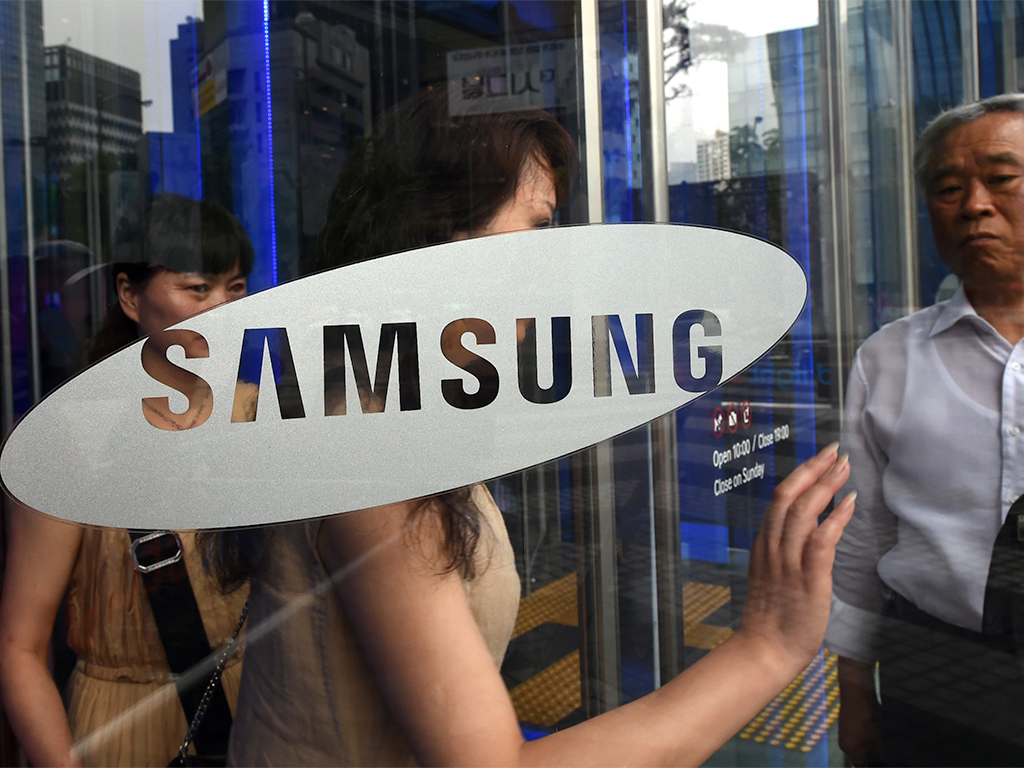Samsung’s profits fall again as smartphone market declines
A slowing smartphone market combined with a strong Korean currency and the rise of local competitors has cut Samsung’s profits for a third consecutive quarter

Samsung's profits have fallen for a third consecutive quarter. The company blamed factors such as a declining smartphone market and the strong Korean currency for the fall
Samsung Electronic’s profits are down for a third consecutive quarter, as the firm struggles to contend with a continued decline in the smartphone market and the won’s appreciation. According to company forecasts, Samsung’s second quarter profits are expected to come in at 7.2trn won, 25 percent short on the same quarter a year previous at 9.5trn won.
A packed release schedule over the second half of the year shows that Samsung believes its performance will pick up in the months ahead
‘Samsung Electronics’ weak 2Q earnings forecast is the result of the strong Korean currency, declined smartphone and tablet shipments, and increased marketing expenses to reduce inventories,’ according to a company statement. ‘The weak demand for IM products also affected the Display and the System LSI businesses’ the second quarter performance.’
The smartphone market has slowed, particularly in developed markets, where consumers are not so easily drawn by the bells and whistles offered by each manufacturer and mobiles don’t decay as fast as they have done, according to Ben Wood, Chief of Research at CCS Insight.
The firm cited poor demand in both China and Europe as part reasoning for its weaker-than-expected results, although the rise of low-cost mobile manufacturers in emerging markets, particularly in China, is also taking a large chunk of Samsung’s market share. The introduction of Lenovo, Huawei and Xiaomi in particular has tested Samsung’s mobile prowess of late, with many consumers in developing markets opting instead for the comparatively cheaper handsets offered by the three. “Personally, I’d be more concerned about the challenges facing Samsung in Chinese markets as opposed to European ones,” says Wood. “Burgeoning Chinese manufacturers are offering extremely attractive devices and represent a competitive threat both inside and outside of China.”
The company’s telecommunications division accounts for more than 70 percent of total earnings, so a slowdown in demand has had a hugely negative impact on Samsung’s profitability, and will continue to do so for as long as Samsung remains dependent upon it.
The smartphone maker’s results – however poor – fell short of analyst expectations, although the second quarter is a typically weak period for mobile phone sales, and many in the know will be reserving judgment for the third quarter before drawing their conclusions about Samsung’s prospects.
A packed release schedule over the second half of the year shows that Samsung believes its performance will pick up in the months ahead, and a great deal of the firm’s expectations are resting on the soon-to-come Galaxy Note and a newly released tablet.
Although Samsung remains the number one mobile manufacturer in the world by some margin, the results show that brand loyalty is failing and growth is nowhere near as assured as it was in years passed. “Samsun is the biggest player in the market, so it will always be disproportionately hit by challenges,” says Wood. “I wouldn’t go so far as to say this golden era is coming to an end for Samsung, and ultimately its breadth is what will save Samsung.”













